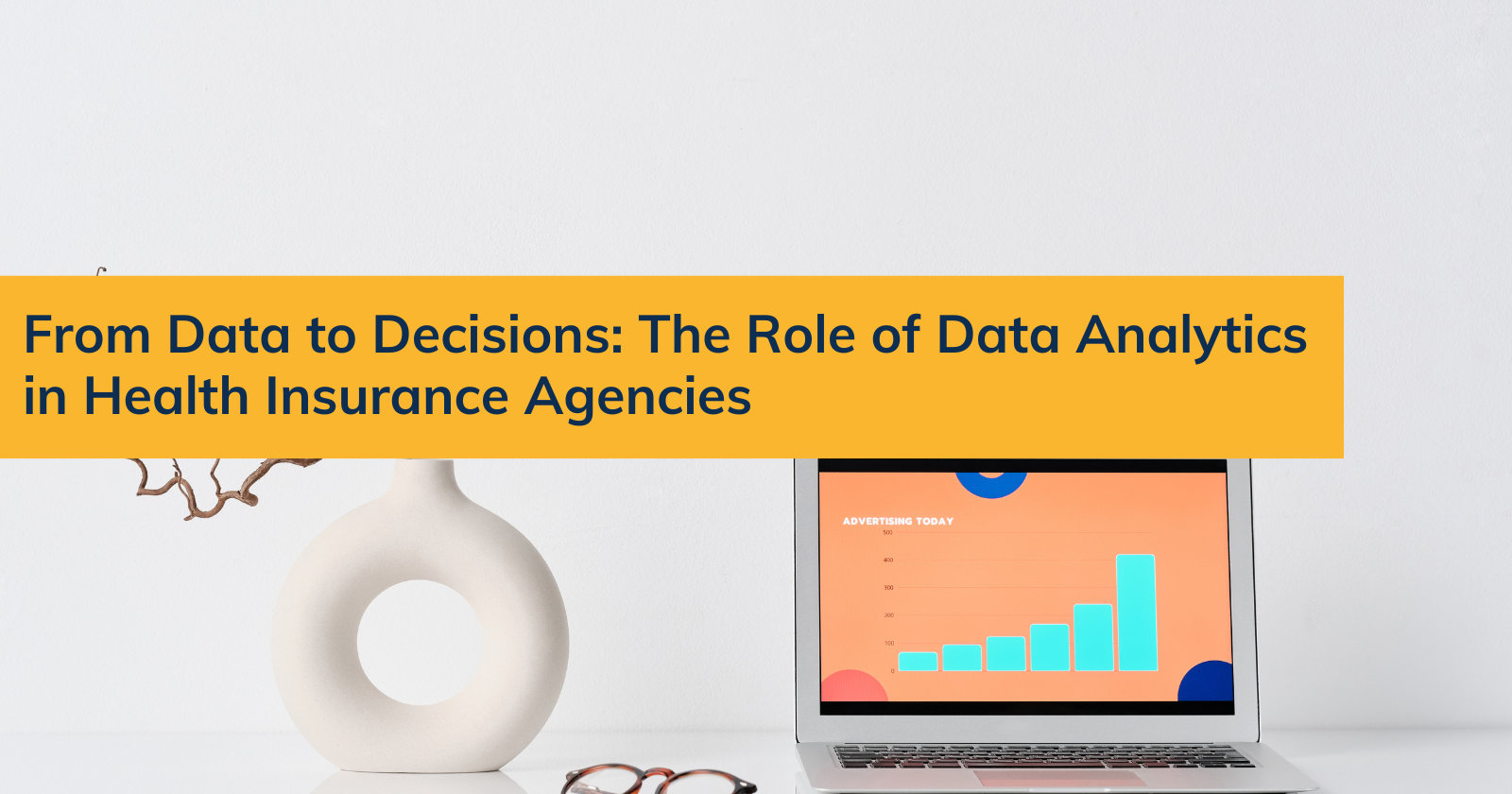
Data analytics plays a crucial role in several key areas of health insurance agency operations:
- Risk Assessment and Management: By analyzing historical claims data and demographic trends, agencies can better assess and manage risks. Predictive analytics models can identify high-risk individuals or populations, allowing agencies to proactively mitigate potential losses.
- Customer Segmentation and Targeting: Understanding customer behavior and preferences is crucial for effective marketing and product development. Data analytics enables agencies to segment customers based on factors such as age, health conditions, and buying patterns, enabling personalized offerings and targeted marketing campaigns.
- Fraud Detection: Detecting fraudulent claims is a major concern for insurance agencies. Advanced analytics techniques, such as anomaly detection and pattern recognition, can flag suspicious activities and potentially fraudulent claims, saving agencies significant costs.
- Operational Efficiency: Data analytics can streamline internal processes, optimizing resource allocation, and improving workflow management. For instance, predictive modeling can forecast demand for services, helping agencies allocate staff and resources accordingly.
- Enhancing Customer Experience: In today’s consumer-driven market, customer experience is paramount. By analyzing customer feedback and interaction data, agencies can identify pain points and areas for improvement, ultimately enhancing satisfaction and retention rates.
Implementing Data Analytics
To harness the power of data analytics effectively, health insurance agencies must take a strategic approach:
– Infrastructure Investment: Invest in robust data infrastructure capable of handling large volumes of data securely.
– Talent Acquisition: Recruit data scientists, analysts, and IT professionals with expertise in healthcare analytics to drive insights from data.
– Data Integration: Integrate disparate data sources to create a comprehensive view of customers and operations.
– Adopting Analytics Tools: Utilize advanced analytics tools and platforms tailored to the needs of health insurance agencies.
– Compliance and Ethics: Ensure compliance with data privacy regulations and ethical guidelines when handling sensitive patient information.
Challenges and Considerations
Despite the immense benefits, implementing data analytics comes with its challenges:
– Data Quality: Ensuring data accuracy and reliability is essential for meaningful analysis.
– Privacy Concerns: Safeguarding patient data and complying with regulations like HIPAA is critical.
– Cultural Shift: Encouraging a data-driven culture within the agency requires leadership buy-in and change management.
– Skill Gap: Bridging the gap between traditional insurance practices and advanced analytics requires continuous training and development.
Looking Ahead
As technology continues to evolve, the role of data analytics in health insurance agencies will only grow in significance. Agencies that embrace data-driven decision-making will gain a competitive edge, delivering better outcomes for both their business and their customers.
Data analytics is not merely a tool but a transformative force that has the potential to reshape the future of health insurance agencies. By leveraging data effectively, agencies can drive innovation, mitigate risks, and ultimately, deliver superior value to their stakeholders in an increasingly complex and dynamic healthcare landscape. Embrace the data revolution—it’s the key to unlocking a brighter future for health insurance agencies.


